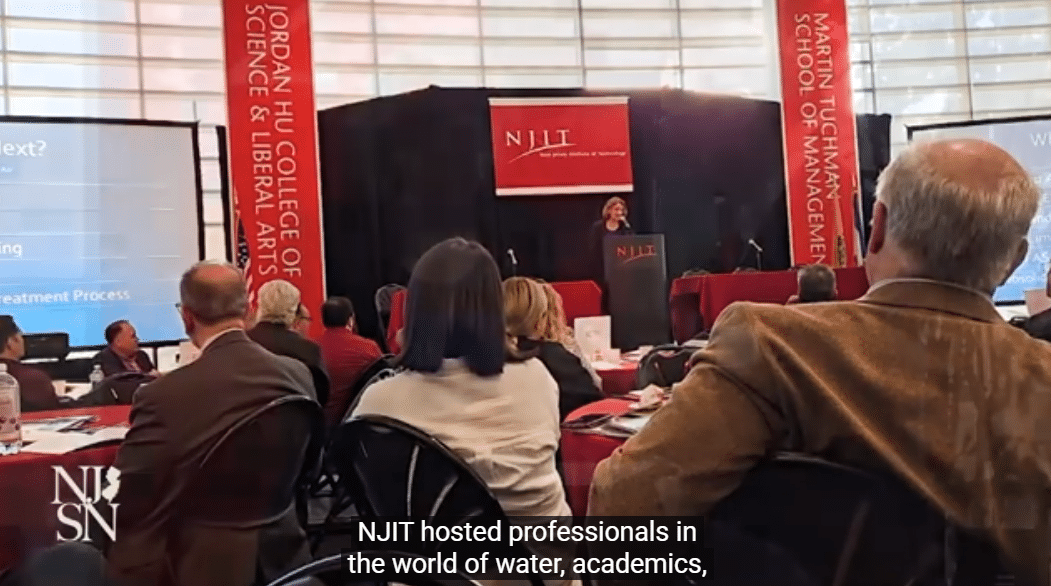PFAs have been linked to certain cancers and fertility issues
Ted Goldberg | Water, Energy & Environment
Last week, the New Jersey Institute of Technology hosted a conference focused on PFAs, or forever chemicals, and the costs of dealing with them – or ignoring them.
“This is not a rural problem. It’s not a suburban problem. It’s not an urban problem or an agricultural problem. It’s a problem across every sector,” said Sen. Paul Sarlo (D-Union.)
“We’re not talking about some abstract environmental issue,” said Assemblywoman Lisa Swain (D-Bergen.) “We’re talking about families in my own district who worry about what’s coming out of the tap.”
Studies have shown that exposure to PFAs can contribute to certain cancers and fertility issues, but the costs to filter them out of water supplies can be daunting. Veolia North America, which supplies about a million New Jerseyans, recently spent tens of millions of dollars to upgrade a water treatment plant in Delaware to conform with federal PFA standards.
“Not only is a PFAs treatment system intensive from a capital standpoint, you have to think about operating it over the long term, which is a costly endeavor as well,” said Chris Low, chief technology officer at Veolia North America. “So we’re always looking at how do we operate in a way that optimizes those costs.”
Veolia has requested a rate increase in Delaware of more than 40% per customer, mostly to pay for the upgraded water treatment plant. Leaders at the New Jersey panel said they hope the recent conference will be a springboard for other talks related to PFAs and remediation.
